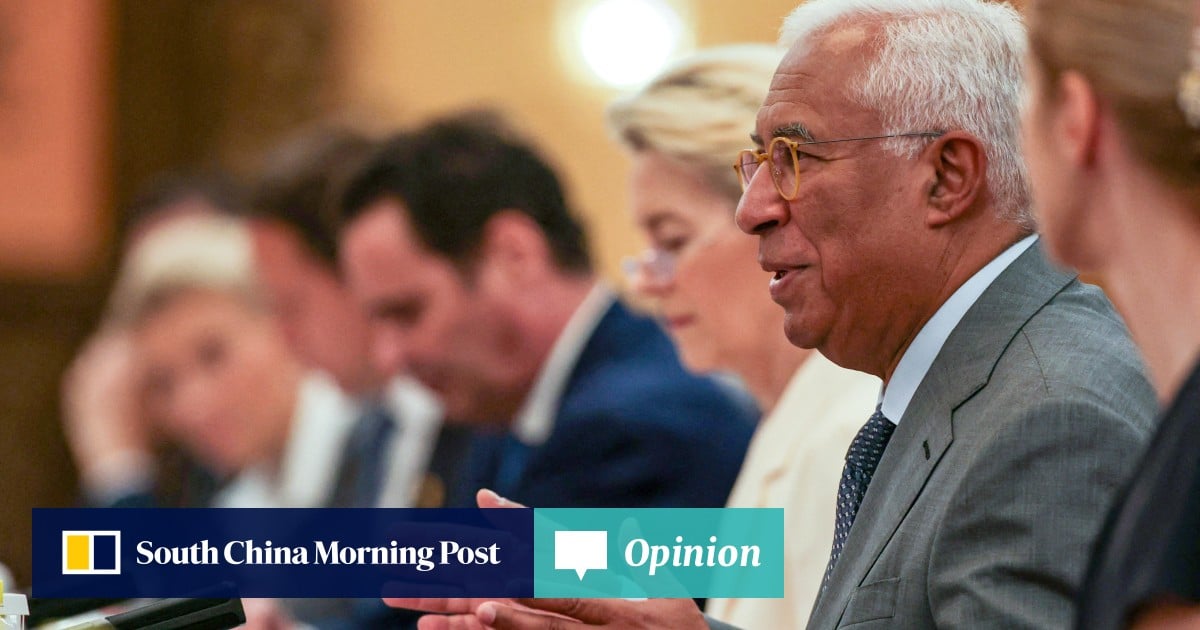In the classic Spanish novel Don Quixote, the knight insisted on attacking windmills he had mistaken for giants, and ended up unhorsed. In real life, the European Union has increasingly and aggressively taken on China over the past few years, often at the expense of its own economic and social goals.
The EU has long complained about its trade deficit with China, attributing it to a lack of market access. Yet it refuses to ratify the Comprehensive Agreement on Investment (CAI) – a golden opportunity to expand EU exports to China.
The China-EU investment deal, which took seven years to negotiate, addresses many EU concerns and offers arguably the most favourable market access terms among China’s bilateral deals. But in 2021, the European Parliament suspended its ratification after China sanctioned several European parliamentarians in response to EU sanctions on a group of Chinese officials for alleged human rights violations in Xinjiang.
To break the stalemate, China proposed in 2023 that both sides lift sanctions; in April that year, China rescinded its sanctions on EU parliamentarians. The European Parliament, however, dug its heels in, vowing to “remain a strong defender of universal human rights and fundamental values”. Consequently, the investment agreement remains in deep freeze. Is Brussels genuinely serious about cutting its trade deficit with China?
Such a confrontational approach will also slow the EU’s energy transition, obstructing its adoption of Chinese clean energy technologies.
Thanks to Chinese advances, the cost of solar and wind technologies has fallen by 60-90 per cent since 2010. As a result, the cost of electricity generated by over 90 per cent of wind and solar plants commissioned last year was lower than that by the most cost-effective fossil fuel alternatives. Chinese electric vehicles can also contribute in no small measure to lower EU emissions.
